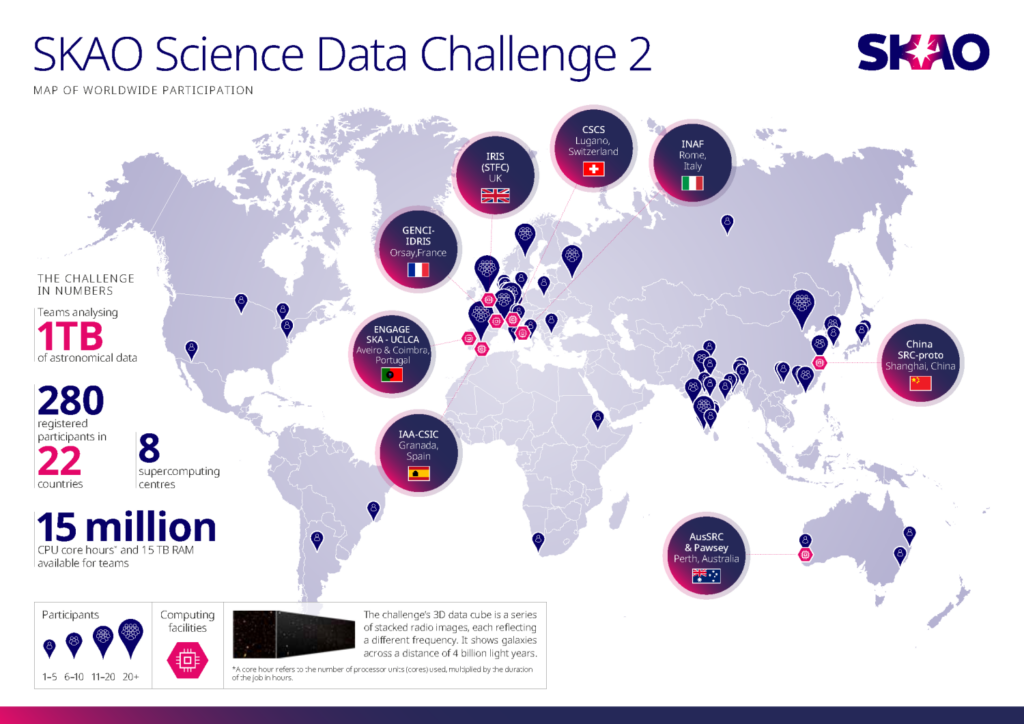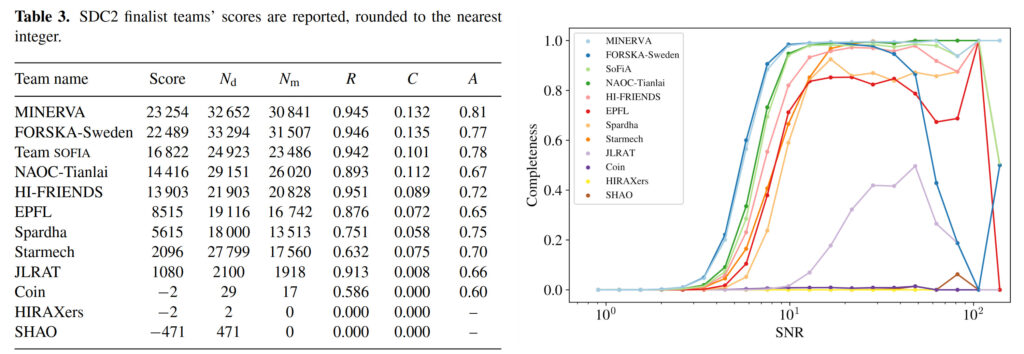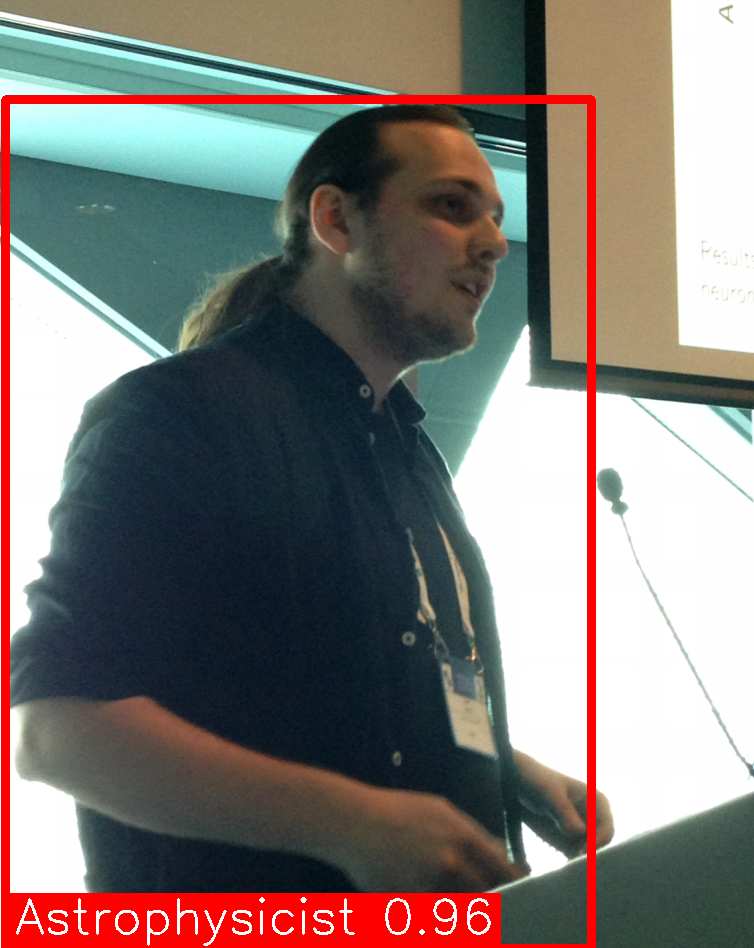
I am a numerical astrophysicist, presently employed as an AI Fellow at PSL University (Paris Sciences & Lettres) in the context of the EFELIA program (driven by PSL’s Data Science program). I am also a fellow of PR[AI]RIE – PSAI (Paris School of AI, funded through the AI-Cluster call).
I work at the Paris Observatory as a member of the LUX (Laboratoire d’étude de l’Univers et des phénomènes eXtrêmes).
Contact: david.cornu@observatoiredeparis.psl.eu
My main research activity revolves around the analysis of massive datasets from modern giant interferometers (LOFAR, ALMA, NenuFAR, MeerKAT, SKA, …) through the development of state-of-the-art Machine Learning (ML) approaches. I am noticeably interested in the study of galaxy properties and their evolution from a statistical perspective using large surveys. I was the PI of the MINERVA team that won the second edition of the SKA Science Data Challenges using the custom 3D YOLO-CIANNA source detection and characterization method I developed. Overall, I am interested in how ML methods can help solve modern astrophysical challenges and how the specific properties of astronomical datasets and astrophysics problems can drive innovation in ML research.
I developed a state-of-the-art Deep Learning framework called CIANNA, which is competitive with widely adopted DL libraries (full implementation in CUDA for GPU acceleration) and is entirely open-source. CIANNA can be used to build, train, and deploy a wide variety of network architectures and contains several dedicated functionalities to better handle the specificities of astronomical data.
See my publications page for an exhaustive list of my contributions.
My LinkedIn profile (with education and experience details)
LATEST NEWS
The DOTSS-21 team (led by Florent Mertens), with 10 out of 24 members from the French community, including several former members of the MINERVA team, recently obtained first place in the SKAO SDC3a. Summary paper submitted (03/2025) =>
arXiv:2503.11740 !
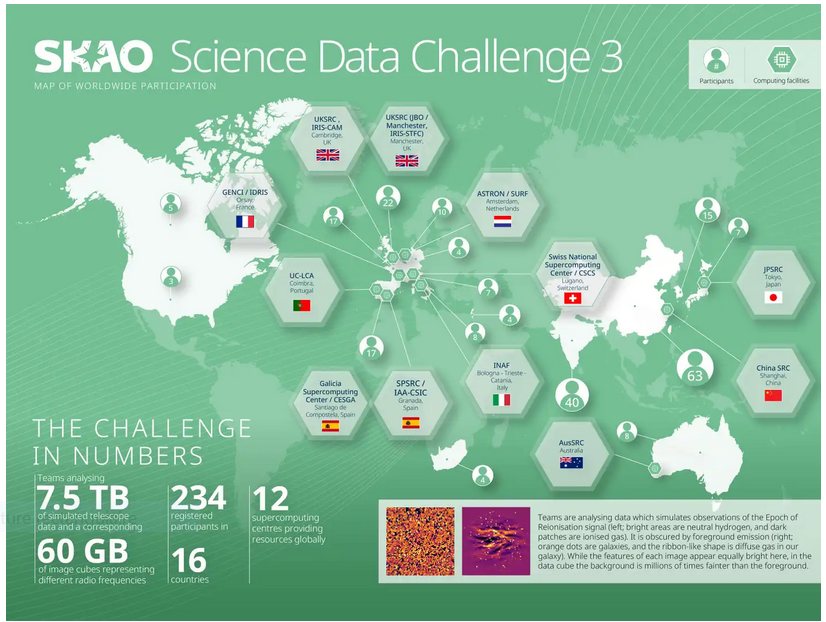
Latest paper describing our YOLO-CIANNA source detection method and its application to continuum radio data from the SKAO SDC1 => Cornu et al. (2024)

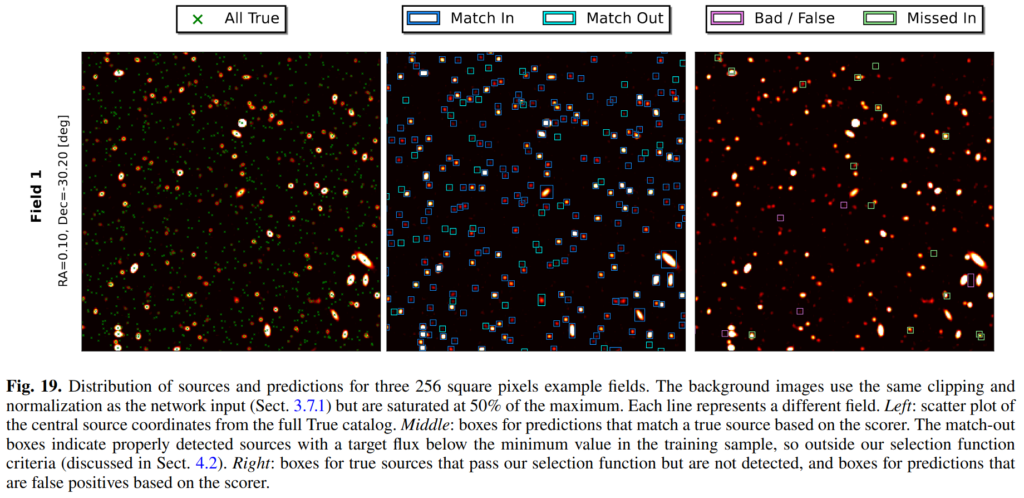
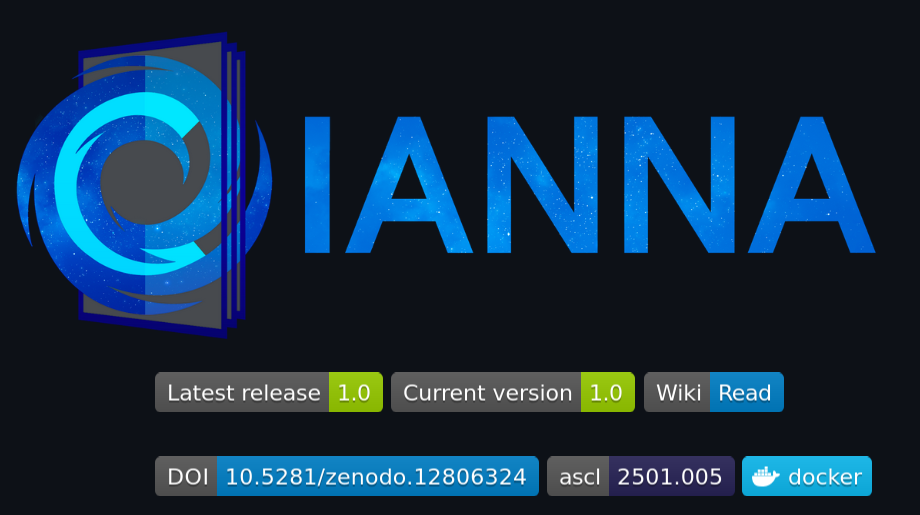
The first official V-1.0 release of CIANNA is out. It is accompanied by several example notebooks. It is also now referenced in ASCL. We now provide dockerfile installers to ease the exploration of CIANNA capabilities.
The MINERVA team won first place in the SKAO Science Data Challenge 2 using a combination of deep learning techniques, including a custom 3D-YOLO network. Some press releases covering the victory: SKAO, Contact 9, CNRS, OBSPM, OCA, ActuIA.
Summary paper presenting the SDC2 results => Hartley et al. (2023)
